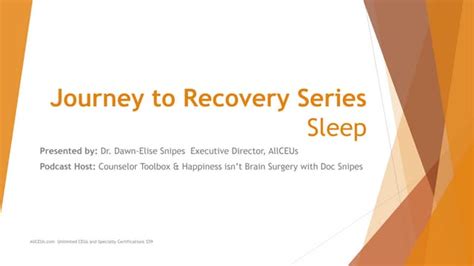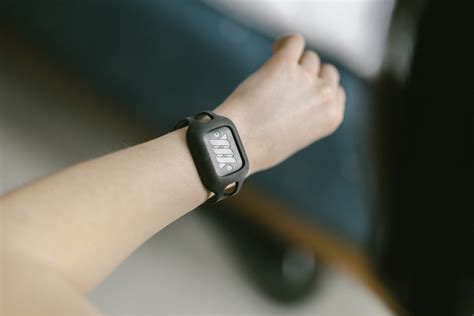What advanced sleep strategies optimize men’s recovery for peak physical and mental performance?

The Critical Role of Sleep in Men’s Performance
For men striving for peak physical and mental performance, sleep is not merely a passive state of rest but an active, essential component of recovery and optimization. While basic sleep hygiene is a good start, advanced strategies delve deeper, leveraging a scientific understanding of sleep cycles and their profound impact on hormonal balance, muscle repair, cognitive function, and emotional regulation. Overlooking these strategies can lead to diminished athletic prowess, reduced mental acuity, and a compromised immune system.

Mastering the Sleep Environment
Transforming your bedroom into a sanctuary optimized for sleep is foundational. This goes beyond just darkness. Aim for a pitch-black room, eliminating all sources of artificial light, as even subtle light can disrupt melatonin production. Maintain an optimal room temperature, typically between 60-67°F (15-19°C), as cooler temperatures facilitate the body’s natural drop in core temperature, crucial for initiating sleep. Noise pollution should also be minimized; consider using earplugs or a white noise machine to create a consistent, calming soundscape.
Optimizing Light Exposure
Beyond the bedroom, managing light exposure throughout the day is critical. Exposing yourself to bright, natural light early in the morning helps reset your circadian rhythm. Conversely, minimizing blue light exposure from screens in the hours leading up to bedtime is vital. Blue light emitted from phones, tablets, and computers can suppress melatonin, delaying sleep onset. Blue light blocking glasses or screen filters can be effective tools in this regard.
![🔥 [41+] 4K Amazing Wallpapers | WallpaperSafari](/images/aHR0cHM6Ly90czQubW0uYmluZy5uZXQvdGg/aWQ9T0lQLlFxQzVxNVZaQnFYZlZ0N3J6TzBlVFFIYUVLJnBpZD0xNS4x.webp)
Leveraging Sleep Tracking and Biofeedback
Modern technology offers unprecedented insights into your sleep patterns. Wearable devices (like Oura Ring, Whoop, or smartwatches) can track metrics such as heart rate variability (HRV), sleep stages (REM, deep, light), respiratory rate, and sleep duration. Analyzing these data points can help identify trends, pinpoint issues, and provide actionable feedback. For instance, a consistently low HRV might indicate insufficient recovery or excessive stress, prompting adjustments to training or stress management routines. Understanding your sleep architecture allows for targeted interventions to improve deep sleep for physical repair and REM sleep for cognitive processing.

Nutritional and Supplement Support for Sleep
Diet plays a significant role in sleep quality. Avoid heavy meals, caffeine, and alcohol close to bedtime. Instead, focus on a balanced diet rich in whole foods. Certain nutrients and supplements can support sleep:
- Magnesium: Known for its muscle-relaxing properties and ability to activate the parasympathetic nervous system, magnesium can improve sleep quality.
- L-Theanine: Found in green tea, this amino acid promotes relaxation without drowsiness.
- Apigenin: A flavonoid found in chamomile, it has calming effects.
- Melatonin: While useful for resetting circadian rhythms (e.g., jet lag), long-term, high-dose use should be approached cautiously and ideally under professional guidance.
- Tryptophan-rich foods: Turkey, chicken, eggs, and nuts contain tryptophan, a precursor to serotonin and melatonin.
Consider timing your last meal a few hours before sleep to allow for digestion without disrupting the sleep process.

Advanced Practices: Mindfulness and Strategic Napping
Mindfulness and Stress Reduction
Chronic stress is a major impediment to quality sleep. Incorporating mindfulness practices like meditation, deep breathing exercises, or progressive muscle relaxation into your daily routine can significantly reduce pre-sleep anxiety and facilitate easier sleep onset. Even 10-15 minutes of quiet reflection can make a profound difference.
Strategic Napping
While not a substitute for a full night’s sleep, strategic napping can be a powerful tool for recovery and performance enhancement. A “power nap” of 20-30 minutes can boost alertness and cognitive function without causing sleep inertia. Longer naps (60-90 minutes), if timed correctly and not too close to bedtime, can even incorporate deep sleep stages, aiding in physical recovery and memory consolidation.

Integrating for Peak Performance
Implementing these advanced sleep strategies creates a synergistic effect, profoundly impacting men’s physical and mental capabilities. Enhanced deep sleep accelerates muscle repair, optimizes growth hormone release, and reduces inflammation, leading to faster recovery from training and reduced injury risk. Improved REM sleep sharpens cognitive function, enhances problem-solving skills, and stabilizes mood. By meticulously managing your sleep, you unlock a significant competitive advantage, ensuring you perform at your absolute best, day in and day out.









